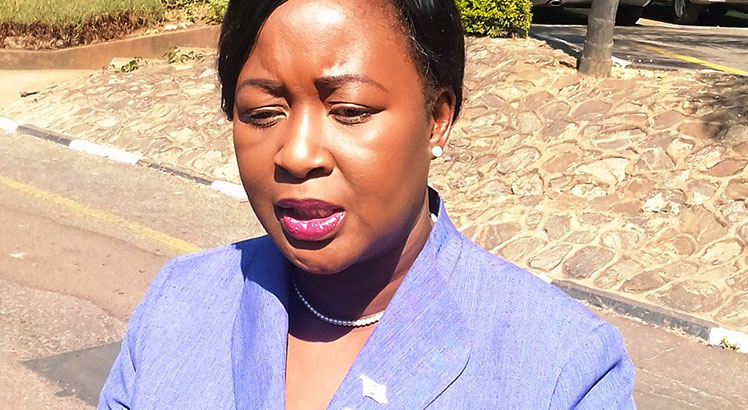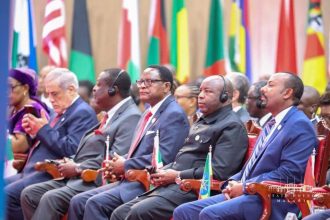Farmers decry Maize prices
F
armers’ representatives have decried low maize prices in the country and described them as impoverishing farmers while at the same time exposing them to food insecurity.
Their reactions come in the wake of the Malawi Monthly Market Report for October issued by International Food Policy Research Institute (Ifpri) which showed that the lowest average maize price kilogramme (kg) was registered in Mzimba District at K97 followed by Chitipa at K100 and Chimbiya in Dedza at K121.

In an interview at the weekend, National Smallholder Farmers’ Association of Malawi (Nasfam) chief executive officer Betty Chinyamunyamu said with prices hitting as low as K97 per kg in some places, farmers were at risk of being food insecure.
She observed that maize prices have always been volatile in Malawi and depend on locations due to economic activities.
Chinyamunyamu said: “The implication is that farmers will be food insecure and hit twice because they are selling at a lower price and most of them are not net sellers, but net buyers. Even though they sell maize, they end up requiring to buy additional maize.
“They only sell because they require urgent cash. In the case that most of the farmers are net buyers and the price that they are selling is different from the price they will buy from Admarc that will be a recipe for creating food insecurity within their households.”
She said the situation may also affect farmers’ ability to buy inputs under the Affordable Inputs Programme (AIP) where they will be required to pay K7 500 per bag of fertiliser. Under the programme, about 3.7 million smallholder farmers are expected to get two bags of fertiliser each.
Said Chinyamunyamu: “Many farmers in rural areas are left at the mercy of vendors because some areas are very remote and do not have private sector participation. It is important that government ensures that Admarc is available in such areas.”
In his reaction, Farmers Union of Malawi president Frighton Njolomole decried the continued decline in maize prices, saying this will have a negative impact on farmers’ incomes and food security.
He said: “The implication is that farmers will be required to sell more maize for them to afford a basket of basic commodities. This will eventually mean that most farmers will exhaust their food reserves before the start of the lean period hence likely to suffer from food insecurity and hunger.
“The rising cost of fertiliser has worsened the situation as farmers are supposed to sell more maize for them to afford a single bag of fertiliser.”
The prices maize is fetching in Mzimba, Chitipa, Dedza and other parts of the country are lower than the government set price of K150 per kg and the K205 per kg State produce trader Agricultural Development and Marketing Corporation (Admarc) is selling its maize.
The prices are also lower than in East Africa and on main grain market in South Africa. While a 50 kg bag of maize fetches between K6 000 and K8 000 in Malawi, the same is selling at K12 500 in Tanzania, K15 000 in Kenya and K20 000 in Uganda.
On the lack of enforcement of farm gate prices, Ministry of Agriculture spokesperson Gracian Lungu said Ministry of Homeland Security is responsible for that.
In a separate interview, National Police spokesperson James Kadadzera said the exercise was ongoing.
“The only challenge is that some farmers are secretly selling the produce at lower prices, but both farmers and traders were warned about this. Otherwise, the enforcement exercise is ongoing,” he said.
Minister of Agriculture Lobin Lowe is on record as having asked councils to work with Malawi Police Service to prevent traders from exploiting farmers by buying cereals at prices lower than farm gate prices.
According to the Ifpri report, one of the reasons farmers are selling the maize at such low prices is that they are releasing their maize as in-kind payment for farm preparation activities.
Last week, the Department of Disaster Management Affairs said it requires K27.8 billion to fully help the 1.5 million people that will face hunger and need relief during the lean period between December 2021 and February 2022.





